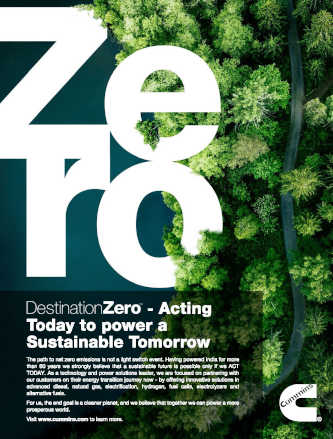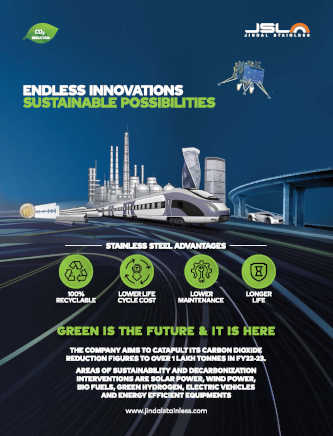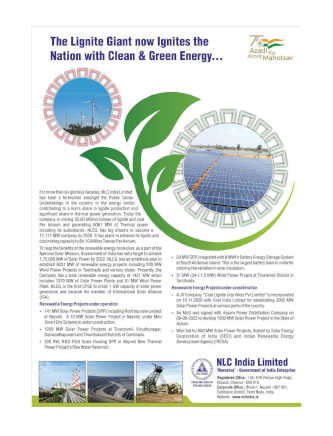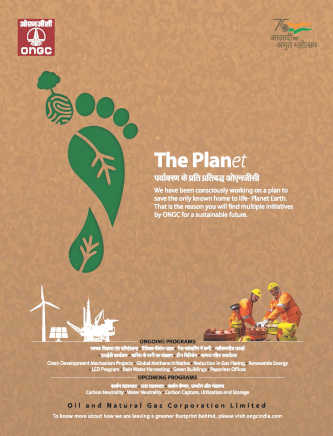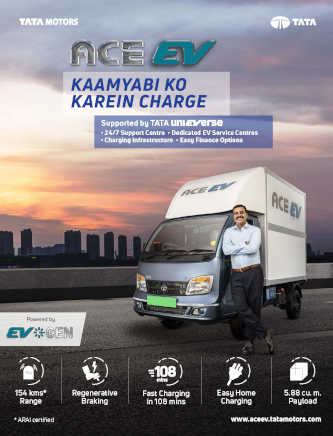Electric two-wheeler startup Yulu is targeting an expansion of ten times with a plan of raising up to $100 million as the company is eyeing a larger pie of the growing mobility segment. Yulu, which has created the country's largest battery as a service network with three million battery swaps till date, will expand its fleet to 100,000 units by the end of the year from 10,000 units currently, open up franchisee models to reach newer cities and cater to personal buyers in the next one year. The company has so far raised $30 million in equity capital. It has an outlay of $100 million in a combination of equity and debt to accelerate growth. Amit Gupta, founder and CEO of Yulu, says: “All the tailwinds lead it to usage – policies, the adoption, which is primarily led by the food delivery and grocery companies will drive the growth.” The fresh funding round will be done by both new and existing investors. Most of its fleet was built through internal equity, but now Gupta is aiming to do that through debt and lease financing of vehicles as it has a proven track record. Yulu says it is the largest shared electric mobility platform in the country with three million battery swaps so far. With expansion of fleet and new cities, it expects three million swaps a month by the end of December. Gupta says Yulu has a deep partnership with two-wheeler maker Bajaj, which has been instrumental in curating its future strategy. The company will also unveil a range of electric two-wheelers, both for personal as well as last-mile mobility, with a fourth-generation battery built on the platform developed by Bajaj Auto. As against imported kits used in the past, all new vehicles being designed and manufactured by Bajaj will be 100 per cent made in India. Beyond Yulu Dex and Yulu Miracle, a third product called Yulu Express with mid-speed to carry higher payload is in the pipeline for the e-commerce space. There is also one meant for personal buyers too. Yulu claims it has helped save over 10,000 metric tonnes of CO2 emissions so far. Yulu’s vision, Gupta said, is to make city mobility seamless, shareable, and sustainable by making the company country’s largest AI-powered, vertically integrated battery infrastructure for electric two-wheelers. On plans to get into last-mile, three- four-wheeled passenger vehicle mobility, Gupta admitted that it was an attractive space and something the board had already considered, but not one that was part of its immediate roadmap.
-

Yulu claims it has helped save over 10,000 metric tonnes of CO2 emissions so far


